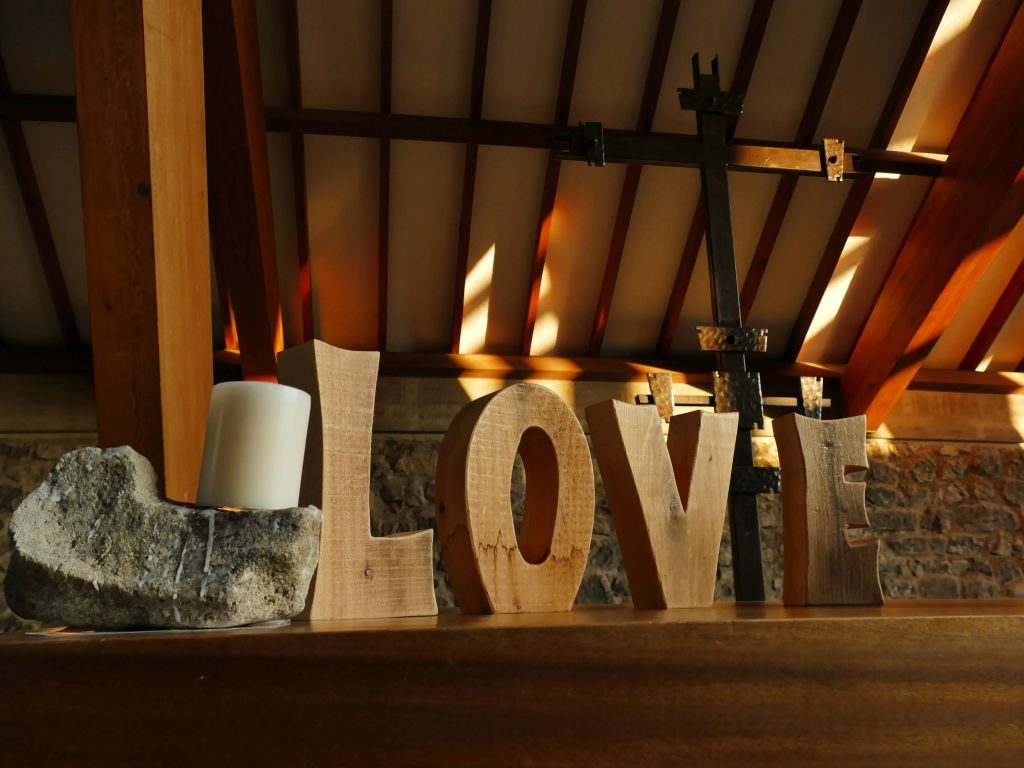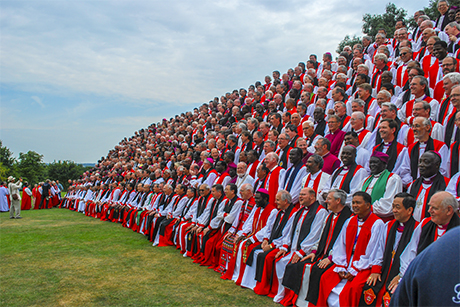Text of a talk for the Diocese of Leeds ‘Creation Salvation’ course on the subject of adapting our church buildings to a changing climate, 16 June 2020.
Then God said to Noah and to his sons with him, ‘As for me, I
am establishing my covenant with you and your descendants after you, and with
every living creature that is with you, the birds, the domestic animals, and every
animal of the earth with you, as many as came out of the ark. I establish my
covenant with you, that never again shall all flesh be cut off by the waters of
a flood, and never again shall there be a flood to destroy the earth.’ God
said, ‘This is the sign of the covenant that I make between me and you and
every living creature that is with you, for all future generations: I have set
my bow in the clouds, and it shall be a sign of the covenant between me and the
earth. When I bring clouds over the earth and the bow is seen in the clouds, I
will remember my covenant that is between me and you and every living creature
of all flesh; and the waters shall never again become a flood to destroy all
flesh. When the bow is in the clouds, I will see it and remember the
everlasting covenant between God and every living creature of all flesh that is
on the earth.’ God said to Noah, ‘This is the sign of the covenant that I have
established between me and all flesh that is on the earth.’
Genesis 9:8-17
Noah’s ark and the rainbow after the flood is probably one of the best
known of all Bible stories, and not just because it lends itself to children’s
songs and activities. This tale of
disaster and recovery comes to us from the mists of time, long before Abraham.
So it’s not specifically a Christian story, or even a Jewish one, it’s a legend
of unknown origin that found a place in the Hebrew scriptures because it speaks
to us of eternal truths about God and his creation and our response to it.
Yet it is a Christian story
in that Noah is in some ways a saviour figure, a prefiguring of the
Messiah. What can we learn from this legend
of a good man who saved not only his family, but the world, from the wrath of
God, and received a new covenant by which we should live?
Firstly, Noah understood
nature and read the signs of the times. The
story begins by telling us that “God saw that the earth was corrupt, for all
flesh had corrupted its ways upon the earth”. It’s not clear precisely how
things were corrupted, but Noah was a righteous man and understood that
corrupted they were. The Bible calls him a ‘man of the soil’ – a farmer. He
understood ideas of sustainability and biodiversity – even if his language had
no words for those concepts. He
understood by a prophecy that God was going to destroy all living things that
he had created and he didn’t want that to happen.
Secondly, he responded by
taking practical action. He could have
just resigned himself to his fate, but for the sake of his descendants and for
all the animals around him, he decided to do something about it. Noah, let it
be said, was not a boat builder by trade, he was a farmer as we have already
seen. But he was also a man of faith. When
he understood the solution was to build a large ship, he and his sons set about
doing just that. They would have built
wooden houses and barns before, so it was a matter of adapting the building
skills they already had to new purposes for the benefit of others.
It cost them, of course –
it cost them the price of many trees’ worth of wood and cartloads of pitch, not
to mention the value of the food they could have sold. How long was Noah on the
ark? The ‘forty days’ is only how long it rained, starting on the 17th of the
second month. But they did not leave the
ark until the 27th of the second month of the following year. Much of the ark’s lower decks must have been
taken up with food and fodder! Peoples
around the world whose land gets flooded today as a result of climate change will
understand the implications of a year without sowing or reaping. But what is
money for anyway, when the very future of life on earth is under threat? This
was an investment of time and money in a sustainable future when the climate
was at a tipping point – or rather, a tipping-it-down point.
Thirdly, as a farmer he
understood the rhythms of life. When Noah’s family emerges from the ark, God
promises – to use the words of John Bell’s paraphrase – “while earth remains
there’ll be seed-time and harvest, summer sun and winter moon, the dead of
night, the bright day”. Part of the rhythm of life for farmers is that of
gathering in and sending out. The
harvest is gathered into barns, and the food, hay or silage is then distributed
throughout the year to people and animals as they have need. The ark fulfilled the same function in a
unique way, gathering in pairs of animals against the coming deluge and keeping
them safe and fed until they could be sent out to repopulate the earth.
For us in the Church, our
buildings have the same function – gathering people in from our community to experience
the saving love of God, feeding them on His Word, and sending them out to
fulfil God’s mission in the world. As we face a climate and biodiversity crisis
no less drastic than that of Noah’s day, may our buildings be made as
climate-proof as Noah’s ark, and likewise be the means by which the world can
be saved anew through these rhythms of grace.

